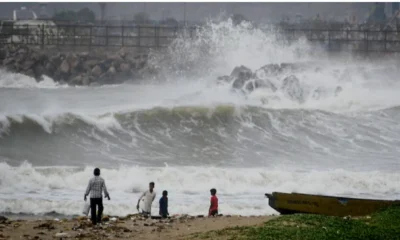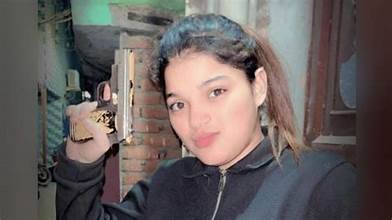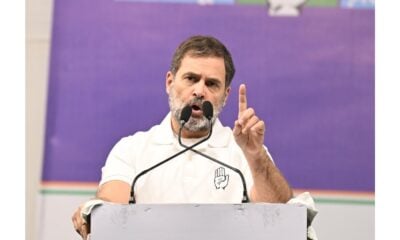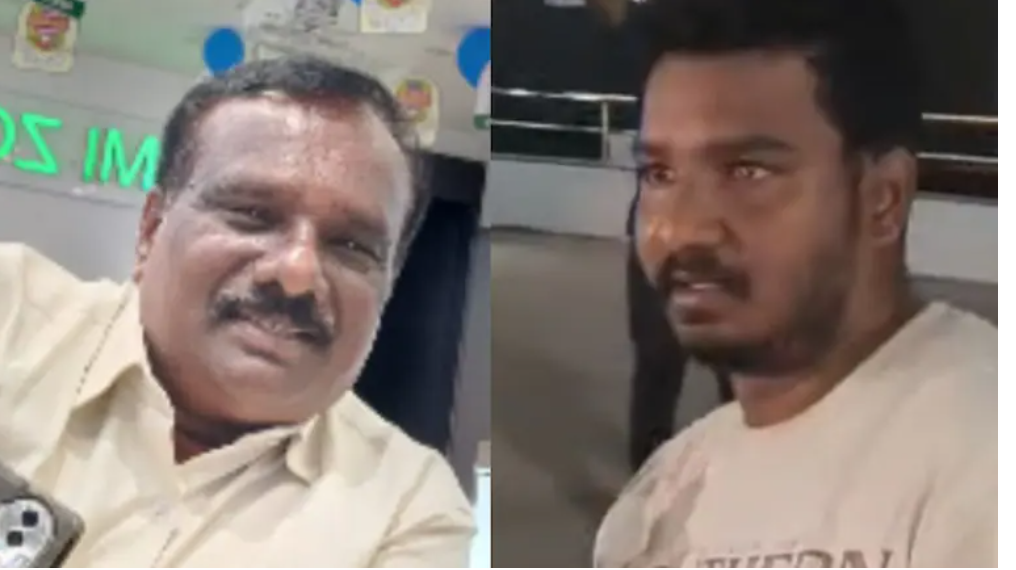[vc_row][vc_column][vc_column_text]Monsoon hit the Kerala coast today after being delayed by a week, Indian Meteorological Department (IMD) announced today (Saturday, June 7).
“Monsoon has made an onset over Kerala today,” IMD’s Director General-designate Mrutyunjay Mohapatra told news agency PTI. Several parts of Kerala have started receiving a good amount of rainfall.
Monsoon is also likely to hit the North East over Saturday and Sunday.
The arrival of the South West monsoon marks the start of the four-month rainy season in India which accounts for 75 per cent of the total rains received by the country.
While the IMD maintained monsoon will be normal for 2019, private weather forecaster Skymet has predicted a weak monsoon this time. It also says this has been the second driest pre-monsoon season in 65 years. A meteorologist at Skymet told news agency ANI that the recorded pre-monsoon showers this time is just 99mm against a normal of 131.5mm.
The three-month pre-monsoon season – March, April and May – ended with a rainfall deficiency of 25 per cent.
A water crisis has persisted in the country leading to agricultural distress with a dip in water level in reservoirs in west and south India.
Heavy rainfall expected in Kerala over the next few days is expected provide relief from this. “Kerala, which at present is rain deficient by 56 percent and Coastal Karnataka which is deficient by 73 percent, can soon cover up for their rain deficiency. These might even become rain surplus in the next five to six days,” Skymet reported.
The Kerala State Disaster Management Authority has issued an Orange alert (very heavy rain) for four districts — Thiruvananthapuram, Kollam, Alappuzha and Ernakulam — in Kerala for 10 June. An Orange alert has also been issued in Kollam and Alappuzha districts for 9 June. ANI also reported that a Yellow alert (heavy rain) has been issued in seven districts for 9 June and in five districts for 10 June.
Spells of heavy to very heavy rains are likely in a few parts of Kerala, and “vigurous” rainfall is expected to hit the state in the next four to five days. In coastal Karnataka, rainfall is likely to increase by 10 June even as the state will see a gradual increase in the intensity of the rain spells.
The arrival of monsoon augurs well for the country as large parts have been witnessing agriculture distress and water levels in reservoirs in west and south India have dipped to low levels.
Most of rural India depends on the four-month monsoon season due to a lack of adequate alternative source of irrigation. A good monsoon has a direct impact on the economy as agriculture remains the major contributor to India’s GDP.
The north Indian plains, central India and parts of south India have been recording temperatures over 45 degrees Celsius. Mercury has soared to over 50 degrees in parts of Rajasthan.
However, Mumbai in Maharashtra is in for a wait for the monsoon even as several other parts of the state have received pre-monsoon showers. The onset of monsoon in Mumbai is likely to be only by 14 June, whereas all four meteorological divisions of Maharashtra — Vidarbha, Marathwada, Madhya Maharashtra and South Konkan and Goa — have observed rains over Thursday and Friday.
Delhi, too, will have to wait longer for respite from the heat. On Thursday, IMD said the arrival of monsoon in Delhi is likely to be delayed by two-three days from its usual onset on June 29.
However, Skymet said it may take at least a week longer. The city is likely to receive normal monsoon. Northwest India too is likely to have normal monsoon.
Several parts of the country also faced a heatwave even as the onset of the monsoon neared. On Friday, many districts recorded a temperature of 47 degrees Celsius or more, with at least four places in Maharashtra recording an average of 47C.
The IMD has also predicted ‘severe’ heatwave conditions in Madhya Pradesh, Rajasthan, and Vidarbha in Maharashtra, and heatwave conditions in north Haryana, south Uttar Pradesh and Chhattisgarh over Saturday, Sunday, and Monday.
The heatwave, having intensified in India in the duration of May, has resulted in the deaths of at least 12 people in Rajasthan, Uttar Pradesh, and Madhya Pradesh, according to reports.[/vc_column_text][/vc_column][/vc_row]
























